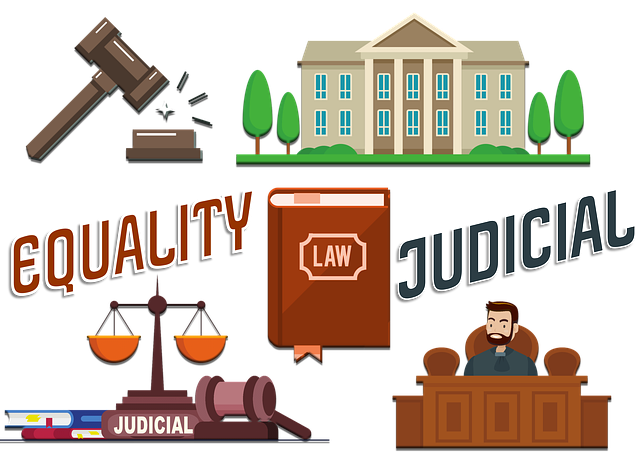Comparative fault is a legal principle in Miami, FL, that determines liability and compensation in injury settlements by attributing fault to all involved parties. This approach ensures fair outcomes, especially in complex cases like caregiver negligence. Understanding comparative fault is crucial for victims navigating injury settlements, as it directly impacts final compensation amounts, making engagement with experienced legal professionals essential for optimal personal injury compensation.
Injury settlements in Miami, FL, often involve complex calculations, and one key concept is comparative fault. This article explores how understanding comparative negligence plays a pivotal role in determining liability and compensation in Miami injury cases. We’ll delve into Florida’s legal definition of comparative negligence, its impact on settlement amounts, and practical considerations for plaintiffs and defendants alike. By examining these factors, individuals navigating injury settlements can gain valuable insights into achieving fair outcomes.
- Comparative Fault: Key to Miami Injury Settlements
- Defining Comparative Negligence in Florida Law
- Impact of Comparative Fault on Injury Settlement Amounts
Comparative Fault: Key to Miami Injury Settlements

Comparative Fault plays a pivotal role in Miami injury settlements, offering a nuanced approach to determining liability and compensation. This legal principle recognizes that in many accidents, multiple parties contribute to the cause or severity of an injury. When pursuing an injury settlement in Miami, FL, understanding comparative fault is essential. It allows for a fair assessment of responsibility, where damages are awarded based on each party’s percentage of fault.
For instance, in a truck accident settlement, if a driver’s negligence and a pedestrian’s failure to yield contribute to an injury, the court will apportion liability accordingly. Similarly, in nursing home abuse cases, comparing the fault of the facility and the caregiver can significantly impact the compensation for the victim. A Miami personal injury lawyer familiar with comparative fault principles can help clients navigate this complex system, ensuring they receive a fair share of any settlement or award.
Defining Comparative Negligence in Florida Law

In Florida, comparative negligence is a legal principle that plays a pivotal role in determining liability and compensation in injury settlements, particularly in Miami. This concept allows for a nuanced approach to assigning fault when multiple parties contribute to an accident. When pursuing an injury settlement in Miami FL, understanding comparative negligence is essential. The law states that if a plaintiff is partially at fault for their injuries, their compensation will be reduced in proportion to their negligence. For instance, if a victim is found to be 20% responsible for an auto accident resulting in injuries, their settlement amount will be decreased by 20%.
Comparative negligence differs from strict liability, as it considers the actions and contributions of all involved parties. This is especially relevant in cases involving caregiver negligence or elder law issues where determining fault can be complex. In Miami’s dynamic legal landscape, navigating these complexities requires a thorough understanding of comparative negligence principles to ensure fair and just outcomes for all parties involved in personal injury cases, including those stemming from auto accidents and instances of caregiver negligence.
Impact of Comparative Fault on Injury Settlement Amounts

In Miami, Florida, comparative fault plays a significant role in determining the amount of an injury settlement. This legal principle compares the negligence levels of all parties involved in an accident, rather than assigning fault solely to one individual or entity. As such, those who are partially at fault for causing an injury may receive reduced personal injury compensation. For instance, if a victim is found to be 20% responsible for their own harm due to careless behavior, their settlement amount will be decreased by that same percentage. This system encourages victims to exercise caution and reduces the potential burden on defendants, especially in complex cases involving multiple negligent actors or real estate disputes where property owners share liability.
Understanding comparative fault is crucial when navigating Miami injury settlements because it can significantly impact the final figures. It’s important for victims to work with experienced legal professionals who can help them assess their role in an accident and negotiate settlements that reflect fair and accurate personal injury compensation, especially in cases involving partnership disagreements where joint responsibility may arise.
In the context of Miami, Florida’s legal system, comparative fault plays a pivotal role in determining injury settlement amounts. By understanding how this principle works, individuals involved in accidents can better navigate their rights and potential recoveries. When it comes to injury settlements in Miami FL, knowledge is power; recognizing the impact of comparative negligence allows victims to advocate for fair compensation while adhering to state laws.






